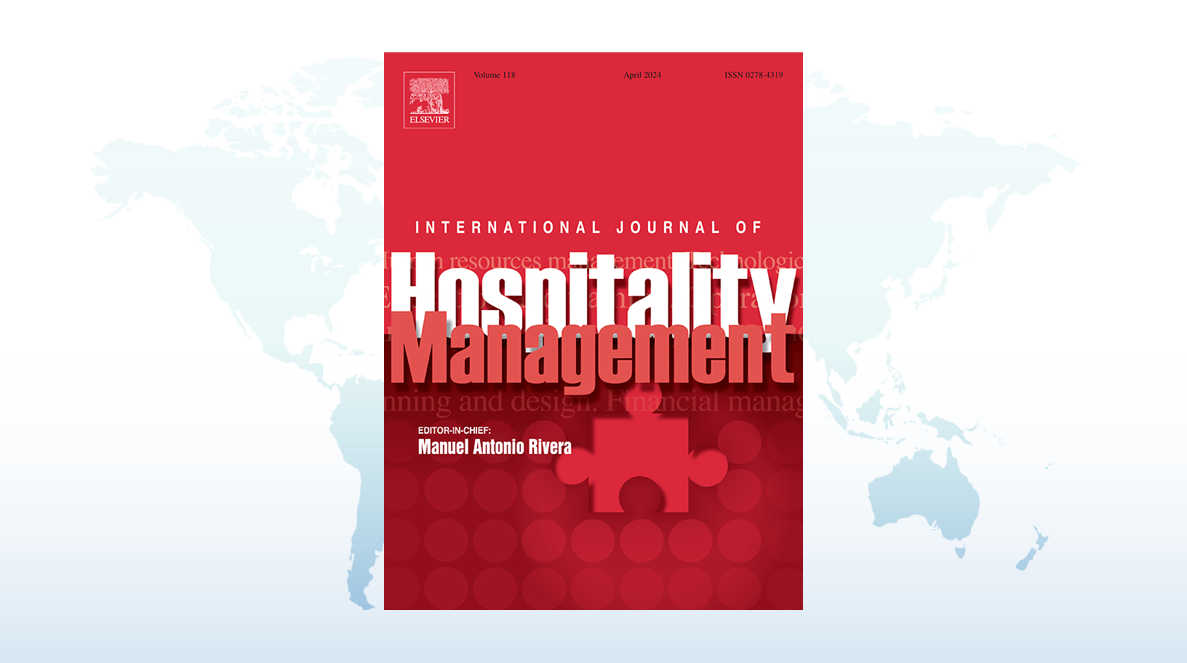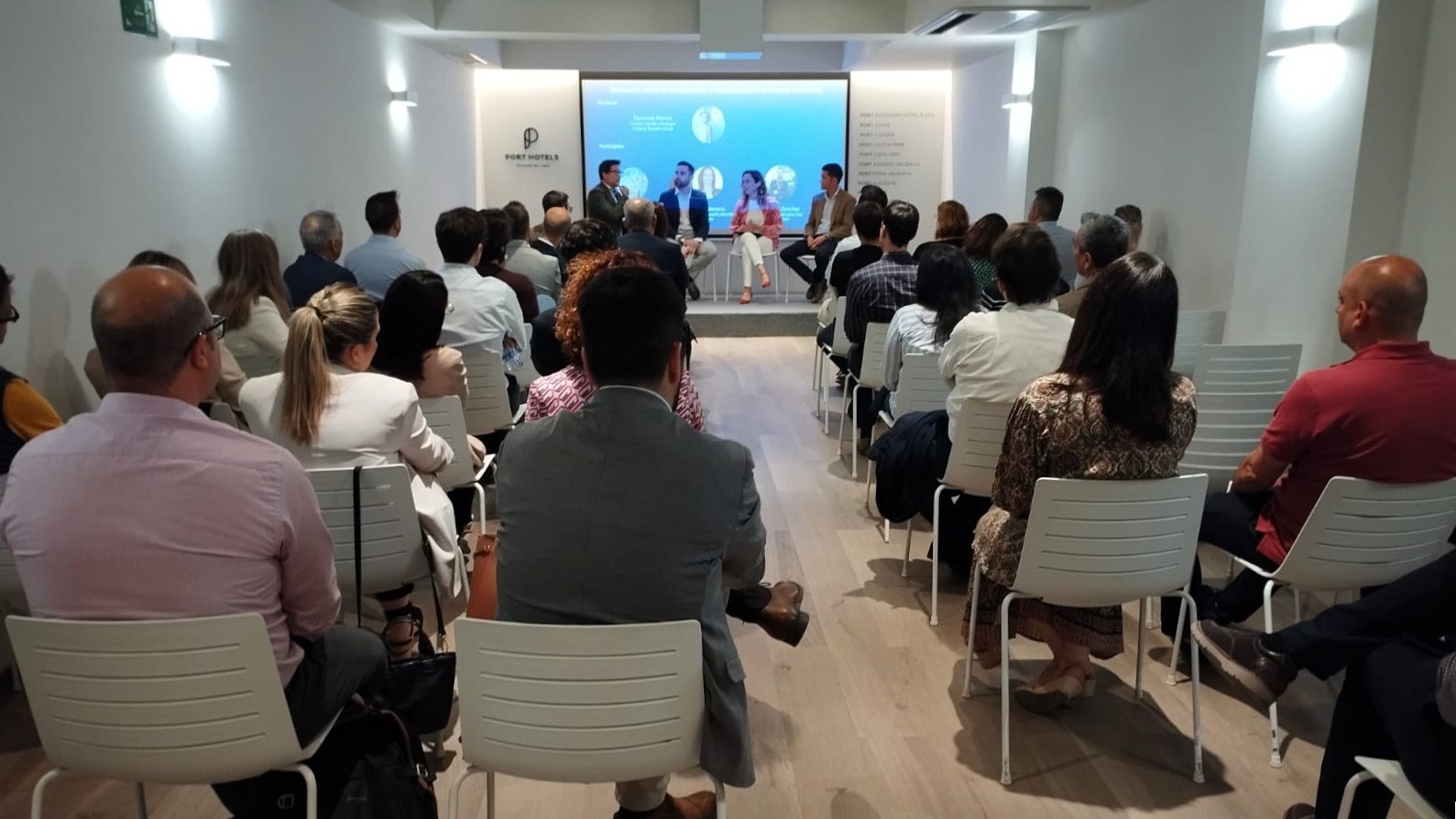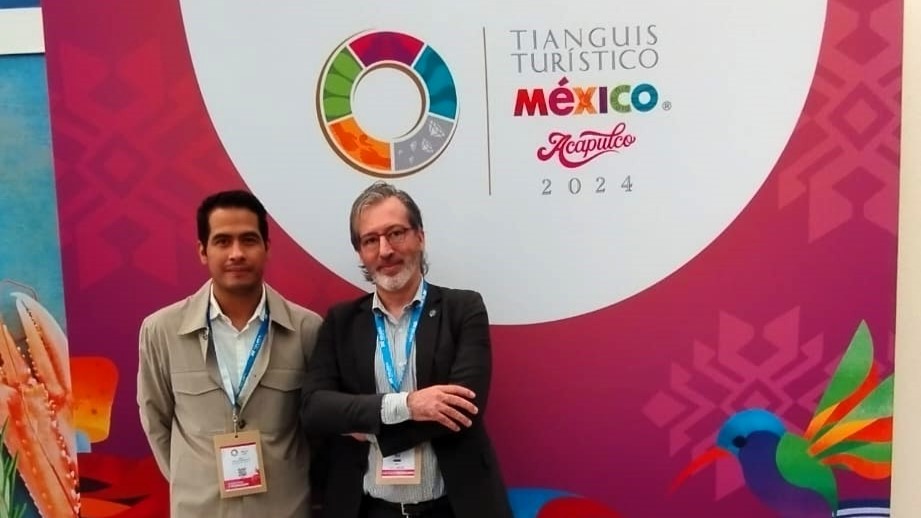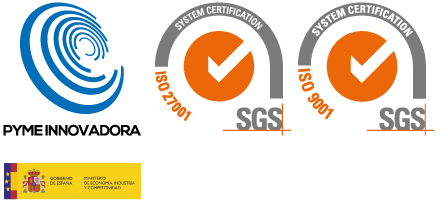- ‘COVID-led consumption displacement: A longitudinal analysis of hotel booking patterns’ has focused on the Balearic Islands as one of Europe’s top tourist destinations.
- The collaboration of Dingus® with the researchers of the Universitat de les Illes Balears took place in the second half of 2021, when the impact of the pandemic on tourism generated the most reliable behavioural indicators for the study.
- The American journal is the fifth most important in the world in the Tourism and Hospitality sector and has validated both the quality of the data and the academic analysis, reviewing in just 5 months a work that can sometimes take years to be approved for publication.
The paper published in the International Journal of Hospitality Management is “a longitudinal analysis and critical comparison of bookings before and after the Covid 19 outbreak, focusing on the booking window, length of stay and booking channel”. The data includes the weekly evolution of a representative sample of hotels in the Balearic Islands between 2018 and 2021, which for the authors of the research certifies that “the pandemic caused not only a drop in sales, but a remarkable change in booking patterns. Specifically, we found a temporal change in booking behaviour, characterised by less anticipation and a change in the tourism supply chain, i.e. a decrease in the proportion of bookings made through intermediaries“.
For academics Bartolomé Deyá and Vicente Ramos (Universitat de les Illes Balears) and Verónica Leoni, currently at the Università Ca’Foscari Venezia, “the expected increase in the frequency of exogenous shocks such as climate and health crises (or, as at present, war, economic crises, etc.) could affect purchasing behaviour, thus improving the relevance of this study, with managerial implications for the industry and destination managers“. In fact, the relevance of the publication in this journal, the fifth most important in the world in the tourism and hospitality segment, and the second if we stick to those that only include hospitality articles, is that “professors and researchers from all over the world can access the conclusions“ and use this knowledge.
University-business collaboration
Those responsible for the study also stress that the result is a sign that “university-business collaboration can not only be very fruitful, but should be the future of Spanish universities“. Deyá, Ramos and Leoni thus refer to the necessary participation of Dingus®, which has provided the data for the months analysed. Dingus® DataHotel, the technology provider’s platform based on Big Data, shared with the researchers all the information highlighted, week by week, from January 2018 to October 2021, in a sample of hotels connected to Dingus® and located in the Balearic Islands. This sample is representative of “both the tourism industry and the economy of the islands as a whole, including complete information on more than 300 hotels, representing an average of 29.6% of the total number of establishments. Data relating to booking, date of consumption and length of stay, among others, are included”.
The end of pre-pandemic prediction models
Beyond the numerical evolution of all parameters, their impact on the sector and the economy, social and health patterns, or other behavioural derivatives, the initial analysis confirms that the sharp decline in stocks during the pandemic caused “a major structural break in the behaviour of the data, and suggests that the pre-pandemic forecasting models need to be reformulated, as the trend and cyclical components of the series have changed substantially“. In fact, both Jaume Monserrat and Emilio Torrens (CEO and CIO of HITT Tourism, the group to which Dingus® belongs, respectively) direct collaborators of the authors of the study, have reinforced the company’s technological proposal towards “a more versatile service, focused on automated and permanent reviews to determine what is happening in real time in hotel distribution and sales. In this way, it is our client, the hotel, which can establish the necessary strategy at any given moment to dynamise its bookings and face scenarios that tomorrow are already different from today’s, as the current situation is unfortunately showing us”.
The two parties involved in the study, the teaching and business sides, describe this collaboration as “the first in a relationship that will continue, making available to the industry all the information that can be used to adapt the activity to the needs with extensive and certified knowledge“. We invite you to find out all the details of ‘COVID-led consumption displacement: A longitudinal analysis of hotel booking patterns’ by clicking here.
Cristina Torres. Corporate communication and media relations
cristina.torres@hittgroup.es





